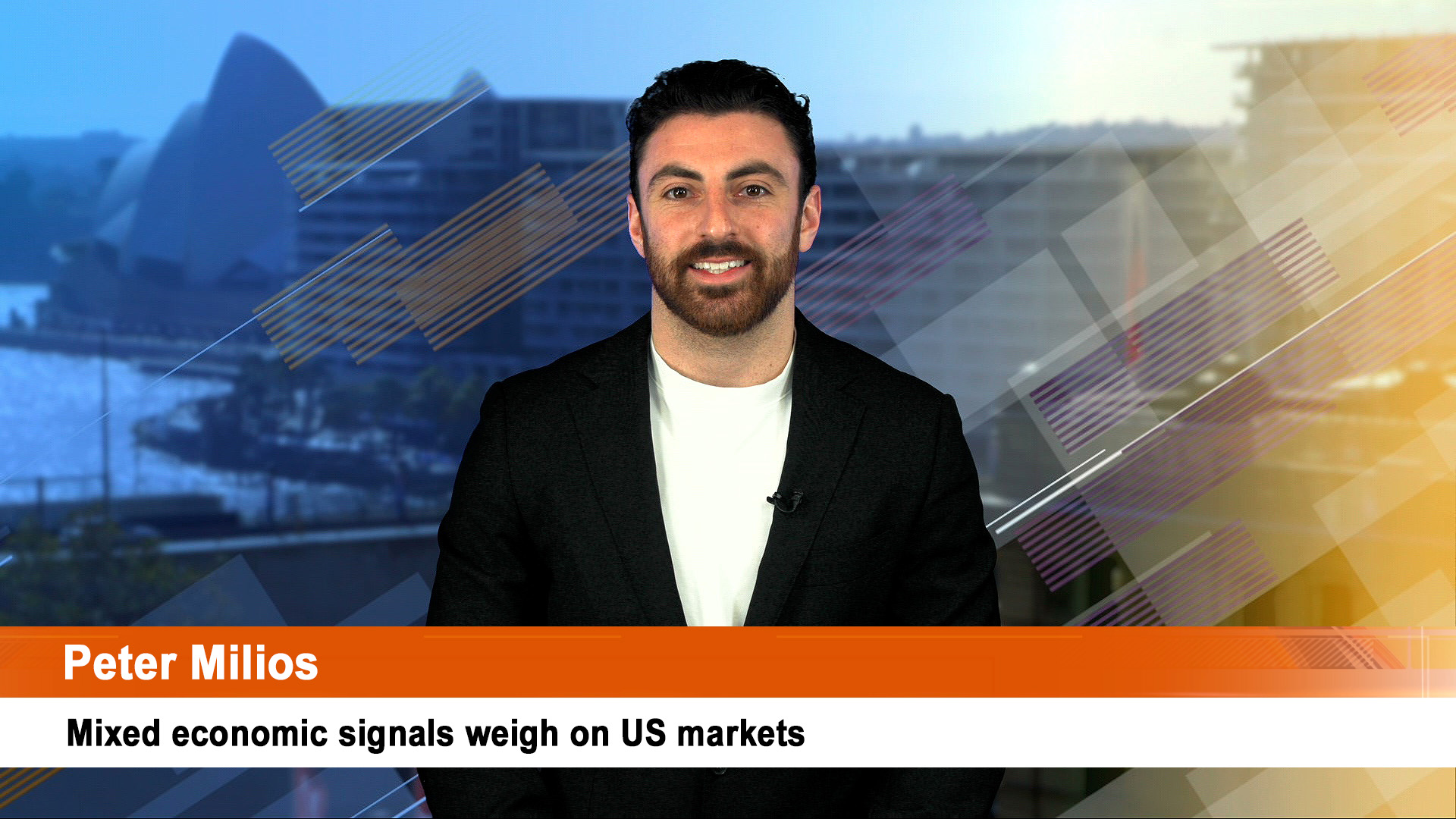Another full news day on the ASX with the reporting season picking up steam. Here’s the latest from some local industrial companies: Pact Group, Vicinity Centres and Downer EDI.
…………
A rough 12 months in the year to June 30 for Melbourne-based packaging company Pact Group (ASX: PGH) with the damage emerging in its 2021-22 results on Wednesday.
That saw Pact Group reveal a 25% slide in profits and a more than halving in dividends for the year.
Pact Group is the largest rigid packaging plastics manufacturer in Australia and New Zealand, with a growing footprint in Asia and the weak performance was not a good look for a company in a supposedly strong market position.
And the company sees little chance of any significant improvement in the year ahead, meaning underlying EBIT (earnings before interest and tax) will only “grow slightly in FY23”
That saw the shares slide 9% to $1.985, half a cent above the day’s low.
While revenue rose 4% to just over $1.838 billion for the year, reported net profit slumped 86% to just $12 million from $88 million a year ago.
Underlying after tax profit fell a more respectable 25% to $70 million.
Dividend for the year was slashed to 5 cents a share from 11 cents. Final dividend was 1.5 cents a share, down from 6 cents a share paid as the final for 2020-21 and a real indication of how weak the result was, not to mention the bleak outlook for 2023.
While Pact said revenue was up due to “solid demand for sustainable packaging and recycled products”, the 25% drop in underlying net profit after tax was “due in part to the absence of one-off revenue in the Contract Manufacturing segment recorded in FY21”.
The underlying EBIT for the contract manufacturing segment was a loss of $4 million in 2021-22 compared to $24 million in 2020-21, a 117% drop and the cause of the rotten result.
Pact claimed its cost recovery initiatives, saying they “broadly offset” increased material prices and labour costs due to supply chain challenges and “the cost of the continuing impact of Covid.
That was a point made by Pact CEO, Sanjay Dayal in the release that who said “We achieved sound revenue during the 2022 financial year, against the backdrop of a challenging market and tough economic conditions.”
“While we continue to see escalating demand for recycled content, our performance was impacted by higher costs of both input materials and labour, as well as additional costs due to the ongoing impact of COVID and supply chain disruption.
“We were able to recover some of these costs during the latter half of the year and will continue to do so and our focus remains on cash flow generation.”
And as noted above, Pact sees no easing in the pressures, forecasting the continuation of supply chain availability issues, rising raw material costs, and elevated energy prices in in the December half but sees a “normalisation in 2H FY23″.
As a result, Pact only expects underlying EBIT to “grow slightly in FY23”.
…………
Shopping mall group Vicinity Centres (ASX: VCX) swung to a profit for the year to June 30 as retailing conditions emerged from the impact of lockdowns and centre closures to boost centre revaluations of more than half a billion dollars.
Vicinity revealed a statutory net profit after tax of $1.215 billion, a massive a $1.473 billion turnaround from Covid hit 2020-21.
Vicinity owns some of the country’s major shopping centres including the huge Chadstone in Melbourne, the QVB building in Sydney, Bankstown Central, also in Sydney, Roselands, also in Sydney and pacific fair on the Gold Coast.
The reported statutory net profit principally comprised $598 million of funds from operations (FFO) and a non-cash net property valuation gain of $554 million.
Vicinity said it delivered 7.1% growth in FFO from 2021’s level despite more disruption from COVID-related lockdowns in NSW and Victoria in the December half year and then the outbreak of Omicron from late December.
“FFO growth was driven by an 8.0% uplift in Net Property Income (‘NPI’) to $803 million, largely reflecting sustained strength of retail sales and improved negotiation outcomes with retailers, and therefore stronger than expected cash collections, rental growth, and improved ancillary income,” the company explained in its ASX release.
This was partially offset by higher net interest costs, mainly due to the benefit of the swap reset in FY21 and increased corporate overheads, largely reflecting the one-off benefit of JobKeeper in FY21.
CEO Grant Kelley said the June year had been a positive year for Vicinity. “Favourable retail trading conditions combined with strong operational execution and prudent financial stewardship, have underpinned an acceleration in our recovery as demonstrated by today’s results.”
“After prolonged lockdowns in our two largest states of NSW and Victoria in 1H FY22, the retail sector has enjoyed a sustained rebound in retail sales and importantly, retailer confidence.”
The Board declared a final distribution per security of 5.7 cents, bringing the full year distribution to 10.4 cents per security. This compares to a full year distribution of 10.0 cents per security in FY21.
For 2022-23 Vicinity expects funds from operations per security and Adjusted FFO per security expected to be in the range of 13.0 to 13.6 cents and 10.9 to 11.5 cents, respectively.
Despite the improvement, the company’s securities eased 0.9% to $2.03.
…………
Downer EDI (ASX: DOW) shares fell on Wednesday after the company revealed a 17% drop in full year profit as the combination of Covid and the recent wet weather and flooding proved to be double headaches for the services group.
While Downer sold off its non-core mining and hospitality businesses in 2021-22 to focus on its core urban services business comprising transport, utilities, and facilities, those remaining businesses were hit hard by Covid and the weather problems.
Downer shares fell more than 7% at one stage to $5.20 after revealing a 2% dip in revenue to $12 billion and the 16.5% slide in net profit to $151.6 million. They later edged higher to close at $5.34 still down more than 5% for the day.
Underlying EBITDA fell 14.6% to $399.2 million.
A final dividend of 12 cents a share, unfranked will be paid, making 24 cents in total for the full year. That is up from the 21 cents a share a year ago.
In its statement, Downer said “demand remained strong” in its new services segment and revenue constituted $11.5 billion of the company’s total group revenue of $12 billion in the June 30 year.
It noted that revenue in the core urban services business segment increased by 10.8% on the pcp.
CEO Grant Fenn said in the release that “despite the challenging conditions, particularly relating to COVID-19 and severe wet weather, our Urban Services businesses have continued to deliver solid earnings and strong cash conversion.”
“Completing the divestment of the non-core businesses is a major milestone for Downer, enabling the delivery of a transformed business and a strong balance sheet,” he said.
Looking to the new year, Fenn pointed to new contract wins (including a recent services deal for $200 million).
He said Downer had a strong end to FY22 with a number of contract wins providing “solid momentum into FY23″.
“We have announced material contract wins across each of our Transport, Utilities and Facilities segments in Q4. We are winning work in our key markets, our brand and relationships are very strong, and we are seeing a growing pipeline of work ahead of us.
“Demand for decarbonisation solutions across the Group’s customer base has accelerated dramatically in the past 12 months, which will create a strong pipeline of work. Our customers know they need to start acting on their decarbonisation targets and that it will require enormous effort.”
For FY23, Downer expects 10% to 20% underlying NPATA growth (to around $440 million to $480 million, based on the $399 million reported for the June 30 year).
The company said this assumes no material disruptions caused by COVID-19, poor weather, or labour shortages – all of which remain ‘live’ issues for businesses large and small over the next few months.













